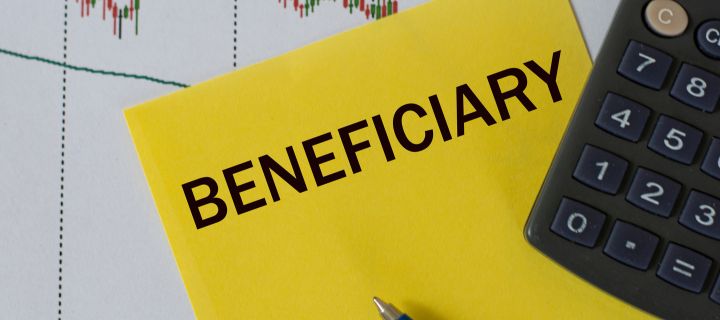
On 6 April, the Lifetime Allowance (LTA) will be abolished. In its place, the Lump Sum Allowance (LSA) and Lump Sum Death Benefit Allowance (LSDBA) will come into force. As a result, nominating pension beneficiaries will become more important than ever.
There may also be advantages for some people to wait until the new tax year to draw benefits. There are certain factors that could increase the amount of tax-free cash that can be withdrawn. First, let’s explain these changes …
Lump Sum Allowance (LSA)
The introduction of the Lump Sum Allowance (LSA) will cap tax-free cash at £268,275 for those without protections. Until the end of this financial year (2023-2024), tax-free money is limited to 25% of the withdrawn amount. Although, this will depend on whether there’s enough Lifetime Allowance available in terms of the drawdown amount or annuity.
From April, the Lifetime Allowance (LTA) ‘availability’ will no longer apply. So, for some people, they could receive a greater amount of tax-free money from unused funds. There may be the option to apply for a ‘transitional tax-free amount’ (TTFA) certificate. You would need to show proof of the collective amount to be subtracted from the new Lump Sum Allowance (LSA). This could increase the available LSA, leading to more tax-free money.
There are various instances where people may benefit from obtaining a TTFA certificate. This includes if you haven’t taken any tax-free money or a low amount due to generous annuity rates. Also, if you were in a defined benefit scheme, but didn’t exchange your pension for the full tax-free entitlement. Another scenario that may apply is if you were taking benefits during the years when the Lifetime Allowance (LTA) was lower.
Getting a TTFA certificate may also be beneficial to those with unused funds and either a Qualifying Recognised Overseas Pension Scheme (QROPS) or aged over 75. For more information, speak to our financial planning team.
Lump Sum Death Benefit Allowance (LSDBA)
The Lump Sum Death Benefit Allowance (LSDBA) will be introduced at the same threshold as the Lifetime Allowance (LTA) – £1,073,100. This is the cap on death benefits that can be paid out to beneficiaries tax-free if they die before the age of 75.
Lump sum death benefits from crystalised funds before April 2024 won’t be tested against the LSDBA. A ‘crystalised pension’ is when you begin drawing money from your pension. We recommend assessing the benefits of crystallising either before or after April 2024 to see how you might be affected by the LSDBA. This includes where death benefits are to be paid to a trust, overseas beneficiaries, non-drawdown schemes, and where a large death in-service would be payable.
Therefore, it’s important to make sure that you have nominated the beneficiaries before LSDBA comes into force. This also ensures that all death benefit options under your particular scheme will be available to your beneficiaries. Otherwise, the scheme administrator will decide who is to benefit and the only option might be a taxable lump sum.
How to nominate a pension beneficiary
A ‘beneficiary’ is the person nominated to receive your remaining pension and/or a lump sum after your death, known as ‘death benefits. You could choose your spouse, civil partner, another family member, or an organisation such as a registered charity.
You will need to complete a death benefit nomination or an ‘expression of wish’ through your pension provider. If you don’t nominate any beneficiaries, you will have no control over where your pension savings will go. Remember, the Lump Sum Death Benefit Allowance (LSDBA) will limit the amount of lump sum benefits that can be paid tax free.
Pension advice, Nottingham and Lincoln
It’s important to ensure you have nominations in place for the beneficiaries of your pension death benefits. This is not just a paperwork exercise; it’s a strategic approach that can help shape your legacy and provide for your loved ones.
Balance: Wealth Planning offers thorough pension reviews and clear advice to ensure your pension will support you and your family. Our qualified and experienced team will explain all of your options from a tax perspective. We can help you manage your pensions in a tax-efficient way for both you and your beneficiaries.
If you need to check your pension and nominate your beneficiaries, get in touch to speak to our financial planners.

